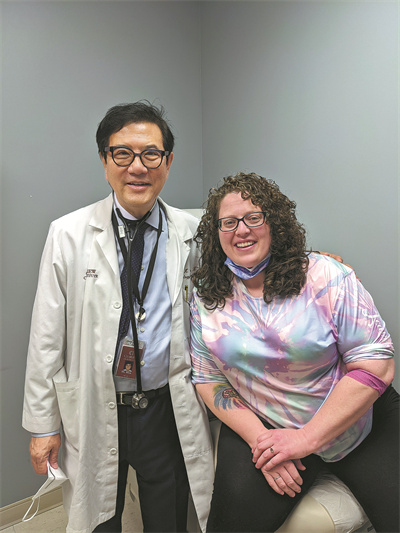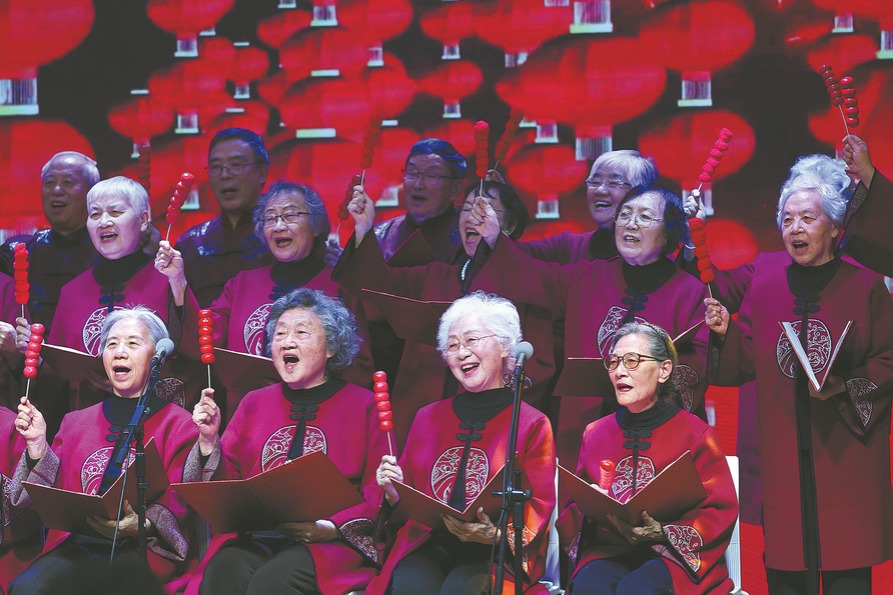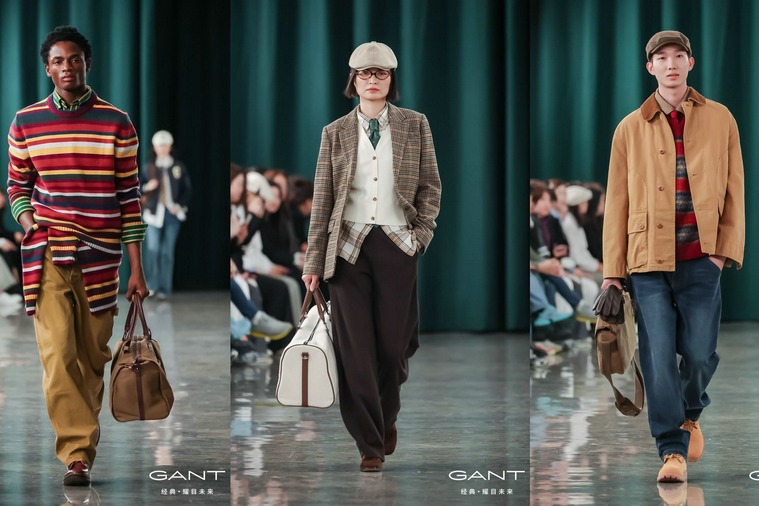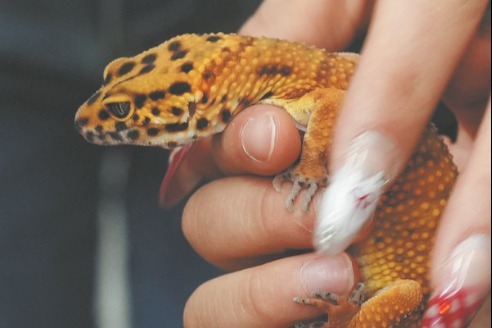Healing with culture, care and compassion
Retired oncologist reflects on values that shaped his career, reports Xu Weiwei in Hong Kong.


Hon says that one of the greatest aspects of being a doctor is being able to improve a patient's health, and hopefully help them achieve a long, healthy life. Perhaps unsurprisingly, doctors face difficult situations that may even seem to be impossible to solve, and Hon has addressed many such challenges over the course of his career.
He adds that medical oncology is particularly challenging because of the often life-threatening nature of cancer. It is demanding emotionally, but an oncologist has to keep a cool head when analyzing complicated and difficult situations.
Consequently, keeping abreast of research is even more vital. As oncology is a constantly evolving area, it is important to study intensely, read scientific journals, interact with peers, and attend conferences. Last but not least, an oncologist must have compassion and understanding for the patient and their needs.
He says that it is only by combining compassion, love, and care for patients with knowledge that can one become a good oncologist.
"I usually spend close to an hour on each new patient. That includes the review of the pathology, radiographic studies, as well as a thorough interview and physical examination. I believe that you have to treat your patient as if they are part of your family, or even yourself."
As a Chinese person working in the US, Hon is aware that the social and political environment has deteriorated in recent years. He says that US policy and rhetoric are having a negative effect on the Chinese community, and that it has become quite difficult for Chinese researchers to obtain federal grants. Chinese scientists have even been falsely accused by the government or institutions, and well documented cases have been reported by the news and social media. However, he adds that fortunately, this has not been his own experience.
"I would get referrals from patients, their families and most importantly, from other physicians. Ethnic origin is not a major issue, at least in our town," he says, adding that he worked closely with two American doctors when setting up the CCI.
After he retired in 2021, he began to write his autobiography, An Impossible Life Journey, which was published in English and Chinese last year. Hon sees his book as an important life achievement, and hopes it will have a positive impact on society in China and the US and be an inspiration to readers. "I think I was able to overcome adversity," he says. "I was at a dead end. I thought my life was done, my career was done, but I was able to find a way to survive. So I learned from my bad experiences, and they became part of what propelled me to achieve my goals."
Hon's younger sister Angel describes him as someone of great wisdom, but says he's so wrapped up in his work that he often overlooks his own needs.
"His knowledge is broad and his emotions deep, and his values and outlook on life are very much shaped by the traditions, philosophies and customs of China."




































